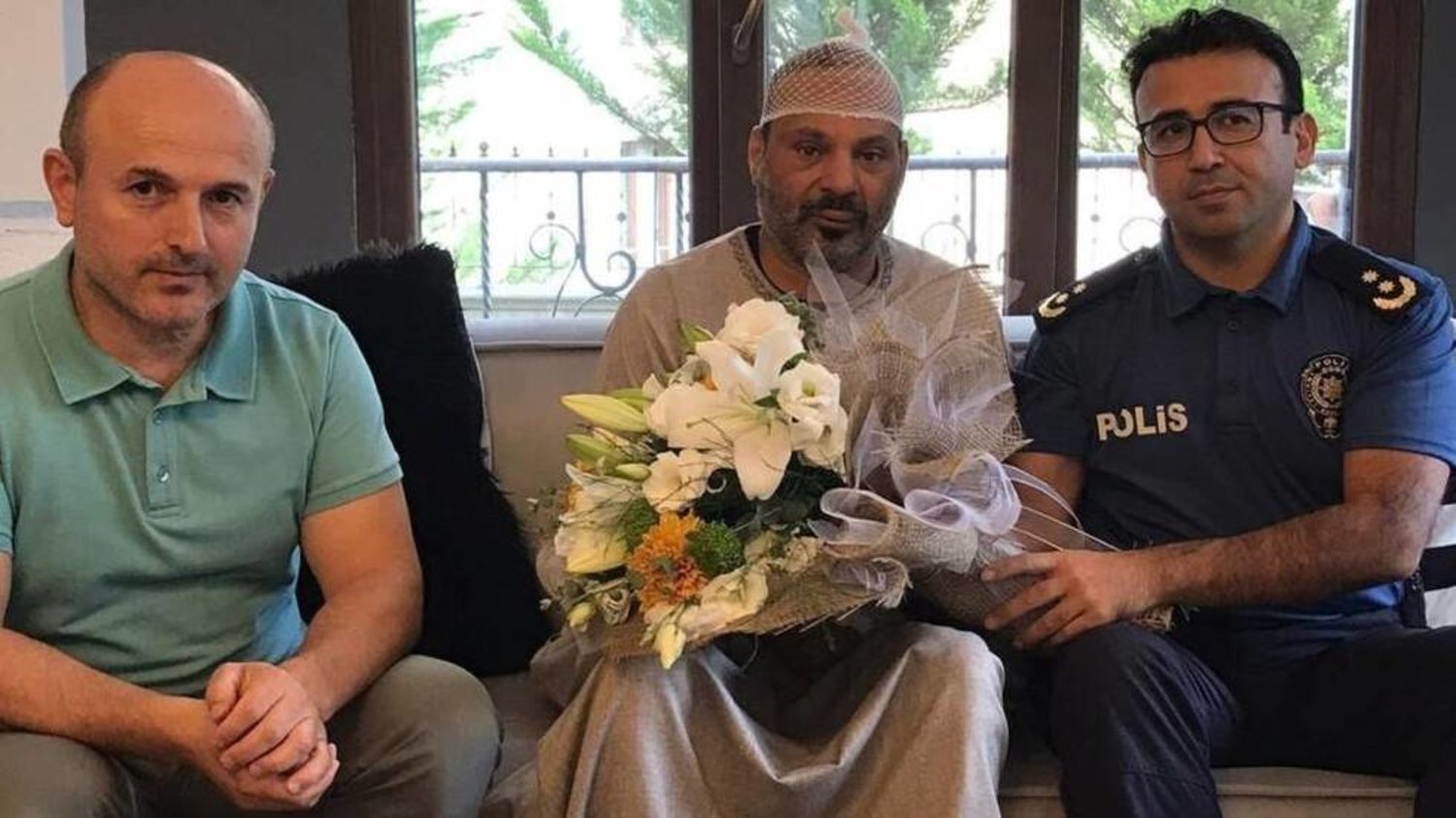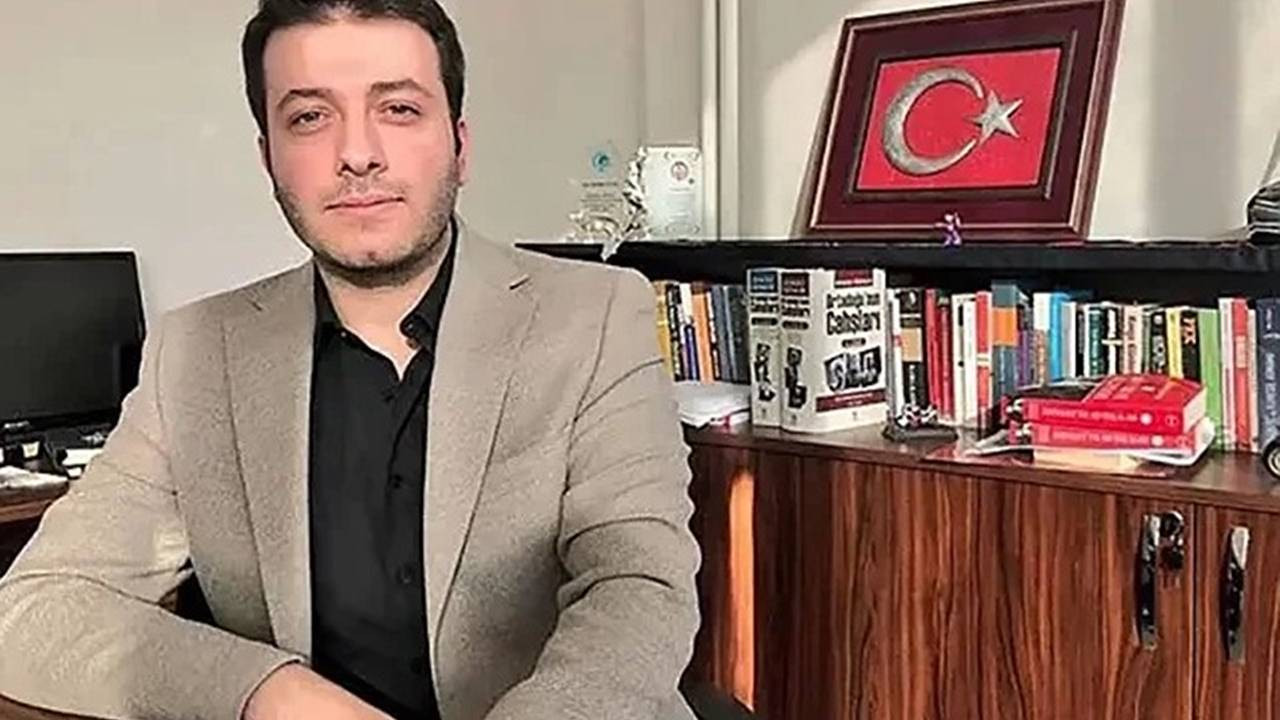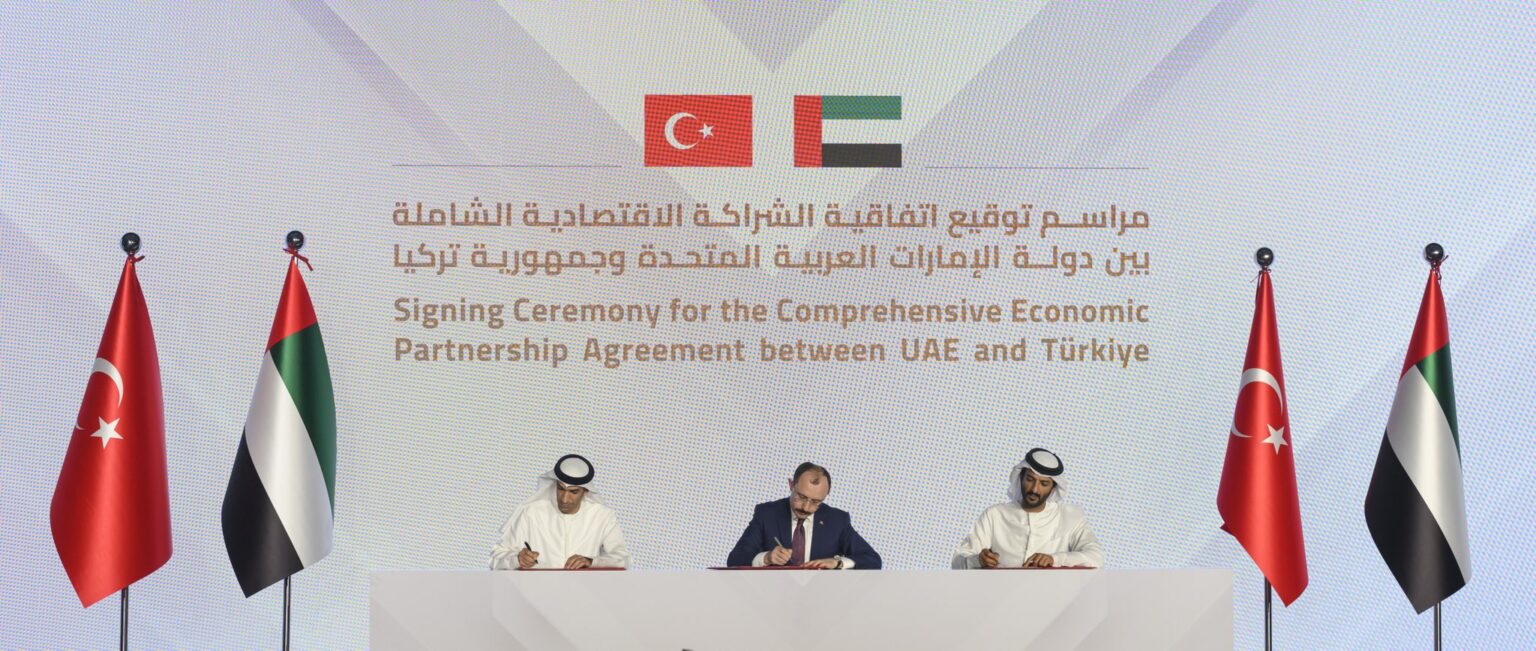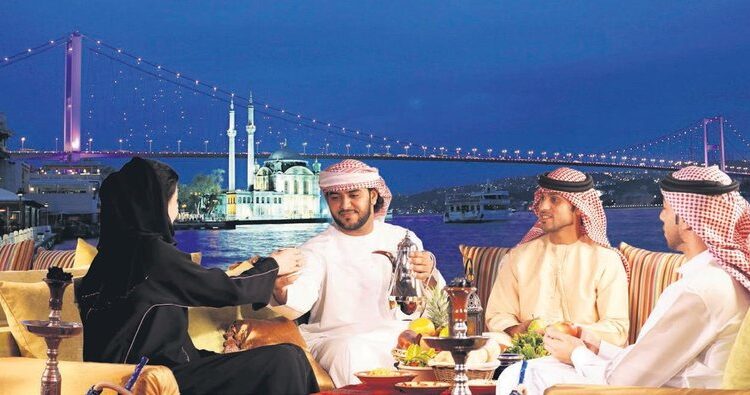Levent Kenez/Stockholm
Last week, 27 individuals, including journalists, were detained in Turkey on accusations of producing anti-refugee content and committing hate crimes, with eight of them subsequently arrested. Later developments suggest that the real motivation behind this operation against ultranationalist groups known for their anti-refugee and anti-Syrian sentiment was their causing a disturbance in Arab countries from which the government is expecting investment as well as angering Arab tourists.
The incident that prompted the government to carry out an operation against extremist nationalist groups took place in the northern city of Trabzon. Following a September 16 assault on a Kuwaiti tourist by a local resident in the city square and his subsequent hospitalization, Gulf country media outlets began reporting on the rise of anti-Arab sentiment in Turkey, calling on audiences to remove Turkey from their travel plans. Consequently, Turkish and Arab nationalist groups started engaging in heated debates on social media.
The Trabzon police visited the Kuwaiti tourist the other day and presented him with flowers. Turkish media close to the government then began to circulate news highlighting that the incident had been a mere misunderstanding and that the tourist was in good condition.

However, the special treatment shown by the police to the Arab tourist in the form of a flower visit has sparked criticism from nationalist circles. Some in the opposition media have speculated that this gesture, which contrasts with the often disproportionate use of force against Turkish citizens, was a result of political pressure.
The widespread coverage of Kuwaiti writer Abdulaziz Duwaihi bin Rumaih’s disparaging remarks about Turkey and its founder, Mustafa Kemal Atatürk, in the ultranationalist media, along with the revelation that Rumaih had acquired Turkish nationality through a government campaign offering citizenship in exchange for property purchases, ignited discussions that soon turned towards the government. The leader of the main opposition party, Kemal Kılıçdaroğlu, also accused the government of demeaning the country’s values in exchange for money.
In the wake of the increasing anti-Arab sentiment and its reporting in Gulf country media, the government, which has been striving to attract a significant number of tourists and substantial investments from these countries, had to initiate operations against social media users and journalists in an attempt to stop the growing backlash against the government.

The failure of the government of President Recep Tayyip Erdogan to take any legal action against hate speech targeting Jews and Christians, and xenophobia in the Turkish media and on social media concerning minorities as well as Greece, Armenia and Syria has bolstered claims that the issue stems from concerns about angering wealthy Arabs who plan to visit or invest in Turkey.
While attending the United Nations General Assembly in New York during these operations, President Erdogan said there were efforts to create the perception that incidents incited by marginal groups were being carried out and supported by the entire society. He also added that extreme groups involved in provocations would face consequences.
Following Erdogan’s remarks, journalists close to the government released a video in both Arabic and Turkish, addressing the Arab world and emphasizing that Turks and Arabs share the same religion, portraying them as fraternal nations and, in fact, as a single nation.
An interesting note is that during the presidential election runoff on May 28, Erdogan received support from Sinan Ogan, an extreme nationalist known for his anti-refugee and anti-Arab sentiment. Erdogan expressed gratitude to Ogan for his support.
In a speech during his visit to the United Nations, Erdogan declared that Turkey has hosted and will continue to host 5 million refugees. However, within opposition circles in Turkey, the prevailing viewpoint is that the European Union has remained silent regarding human rights abuses in Turkey in exchange for Erdogan’s refugee policy. It is believed that this silence indirectly supports Erdogan’s authoritarian governance. Aware of this, Erdogan often claims at international gatherings that the opposition intends to send the refugees back to their home countries and to Western nations.

In July the president made a visit to Saudi Arabia, Qatar and the UAE along with a delegation of 200 businesspeople. The visit marked a continuation of efforts aimed at normalization with Saudi Arabia and the UAE, with which Turkey has faced significant issues in recent years. During the trip Erdogan had discussions with Saudi Crown Prince Mohammed bin Salman, Qatari Emir Sheikh Tamim bin Hamad Al Thani and UAE leader Sheikh Mohammed bin Zayed Al Nahyan. The focal point of Erdogan’s intensive agenda was the anticipated foreign direct investment and joint-venture projects Turkey expects from the Gulf countries.
A report by Bloomberg had previously indicated that Turkey would receive $25 billion in funds through company sales and privatization from Gulf nations. Reuters, on the other hand, highlighted an expectation of $10 billion in the short term and a total of $30 billion in direct investment in the long run. Reports in the Turkish media went beyond these figures, suggesting an investment in Turkey that would significantly exceed $50 billion.












